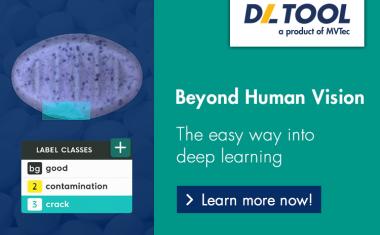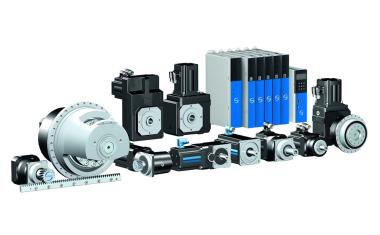OLED pioneer Karl Leo receives European Inventor Award 2021
European Patent Office honors German physicist with lifetime achievement award for his trailblazing work in organic semiconductors.
The European Patent Office (EPO) honored German physicist Karl Leo with the European Inventor Award 2021 in the “lifetime achievement” category. Leo’s method for boosting organic semiconductors with electron-producing substances (“doping”) has transformed the electronics industry and delivered improved products for millions of people. His highly efficient organic light-emitting diode display technology, which provides greater image brightness, higher color resolution and better power efficiency, can now be found in almost all newer smartphones and other electronic devices that we use every day.
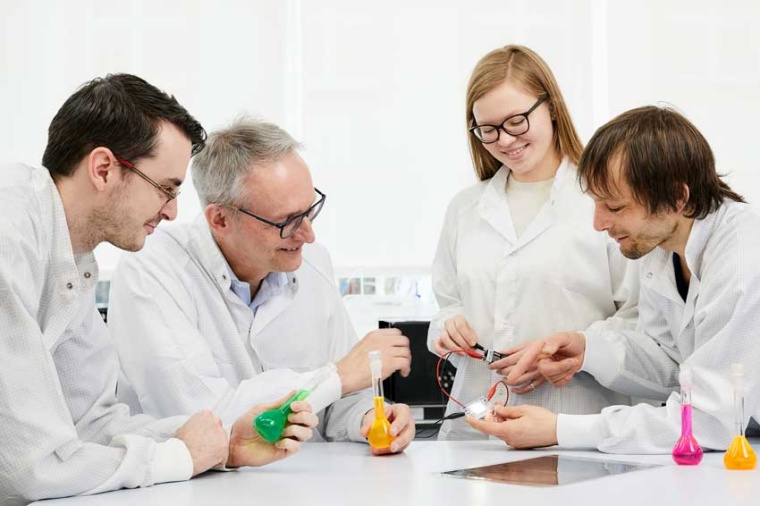
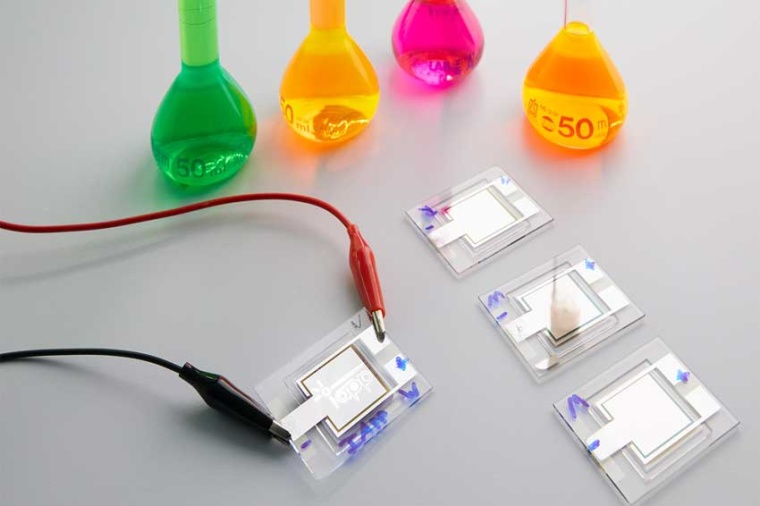
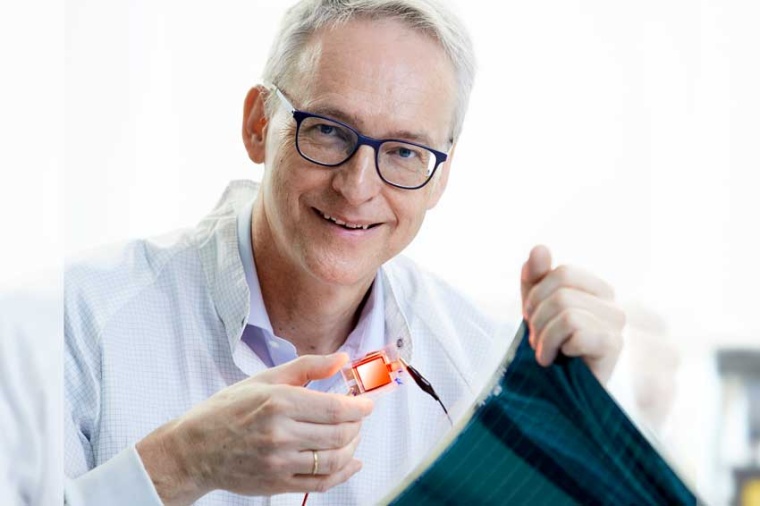
“Karl Leo’s life’s work has had a profound impact across multiple sectors, advancing technology which is environmentally friendly, and improving products that are used by millions of people worldwide,” said EPO President António Campinos. “Throughout his distinguished career he has also demonstrated an ability to identify commercial applications from cutting-edge fundamental research, putting technology to work to solve problems, and creating businesses and jobs in the process.”
This year’s European Inventor Award ceremony was held digitally, and for the first time was open to the public who tuned in from around the world. The award, one of Europe’s most prestigious innovation prizes, is presented annually by the EPO to distinguish outstanding inventors from Europe and beyond who have made an exceptional contribution to society, technological progress, and economic growth. The finalists and winners in five categories were selected by an independent international jury.
Karl Leo’s early fascination with household electronics – his passion for repairing things earned him the nickname ‘the technician’ among family members – later ignited his interest in semiconductors. This became the focus of his undergraduate thesis at Freiburg’s Fraunhofer Institute for Solar Energy Systems ISE in 1985, where he began to think about how electronic devices could be improved.
His PhD and early post-graduate career concentrated on inorganic semiconductors - semiconductors composed of non-carbon-based materials. At the time, organic semiconductors were considered impractical due to their poor electrical conductivity and short lifespan. Leo noticed that few people had considered ‘doping’ for organic semiconductors - adding tiny amounts of substances which produce freely moving electrons to boost a material's conductivity. “Coming new to research is often helpful, because it helps to challenge dogmas,” says the inventor.
Leo achieved his key breakthrough in 1998, when he and his team of researchers at the Technische Universität Dresden, including then PhD students Martin Pfeiffer and Jan Blochwitz, successfully created an organic semiconductor LED requiring only one-fifth of the voltage previously needed. These organic semiconductors were also more sustainable than inorganic semiconductors due to their high efficiency, long lifespan, low-energy production process and potential to be recycled. Leo and his team continued to refine the process further, and in 2001, he co-founded the German start-up company Novaled AG – later acquired by Samsung – to commercialize these OLED technologies and materials.
Leo later began adapting semiconductors to function in organic solar cells, which led to him co-founding the spin-off behind the world’s first industrial-grade organic solar film that can be mounted on buildings. “My dream is that in ten or twenty years they’ll be on every building, helping to solve the climate crisis,” Leo says.
These successes reflect a career built on a passion for research and technology, and an innate curiosity. Leo has co-founded numerous start-ups in Germany's ‘Silicon Saxony' tech region to bring his inventions to market, and he says that patents play a crucial role in the commercialization process. He continues to explore new applications for his ground-breaking organic semiconductors. “I see opportunities much beyond what has been achieved today: flexible, lightweight, environmentally-friendly organic electronics can be applied almost everywhere,” says the inventor. “If my past has taught me anything, it is that it is good to dream.” (Source: EPO)
Company
European Patent OfficeBob-van-Benthem-Platz 1
80469 Munich
Germany
most read
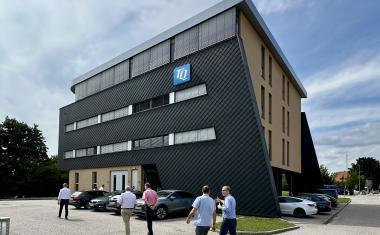
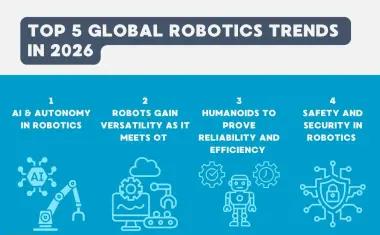
5 robotics trends for 2026
The International Federation of Robotics reports on the five most important trends for the robotics industry in 2026.
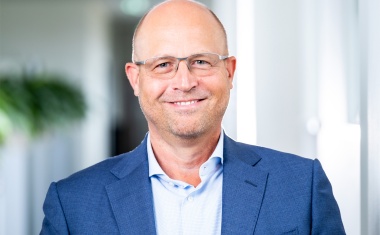
Qioptiq Photonics becomes Excelitas Germany
The renaming is part of the global consolidation of the Excelitas Group.
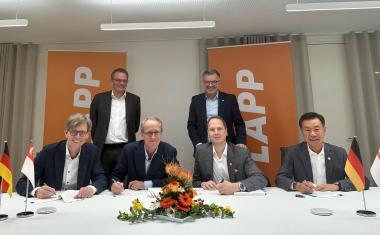
Lapp Group takes over JJ-Lapp completely
JJ-Lapp will now become a wholly-owned subsidiary of the Group, with financial details remaining confidential.
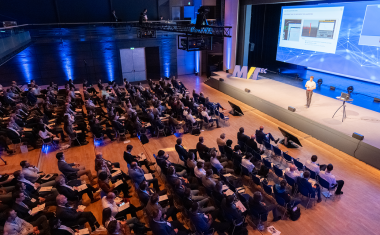
MVTec Innovation Day 2026: Exchange and insights into machine vision
This event, now in its eighth year, offers the machine vision community a platform for networking and professional exchange.





